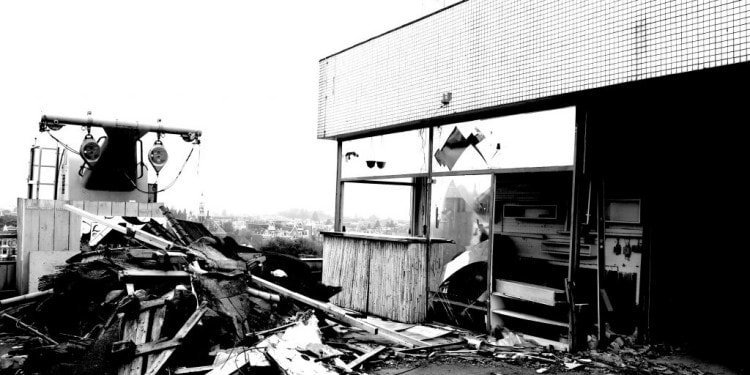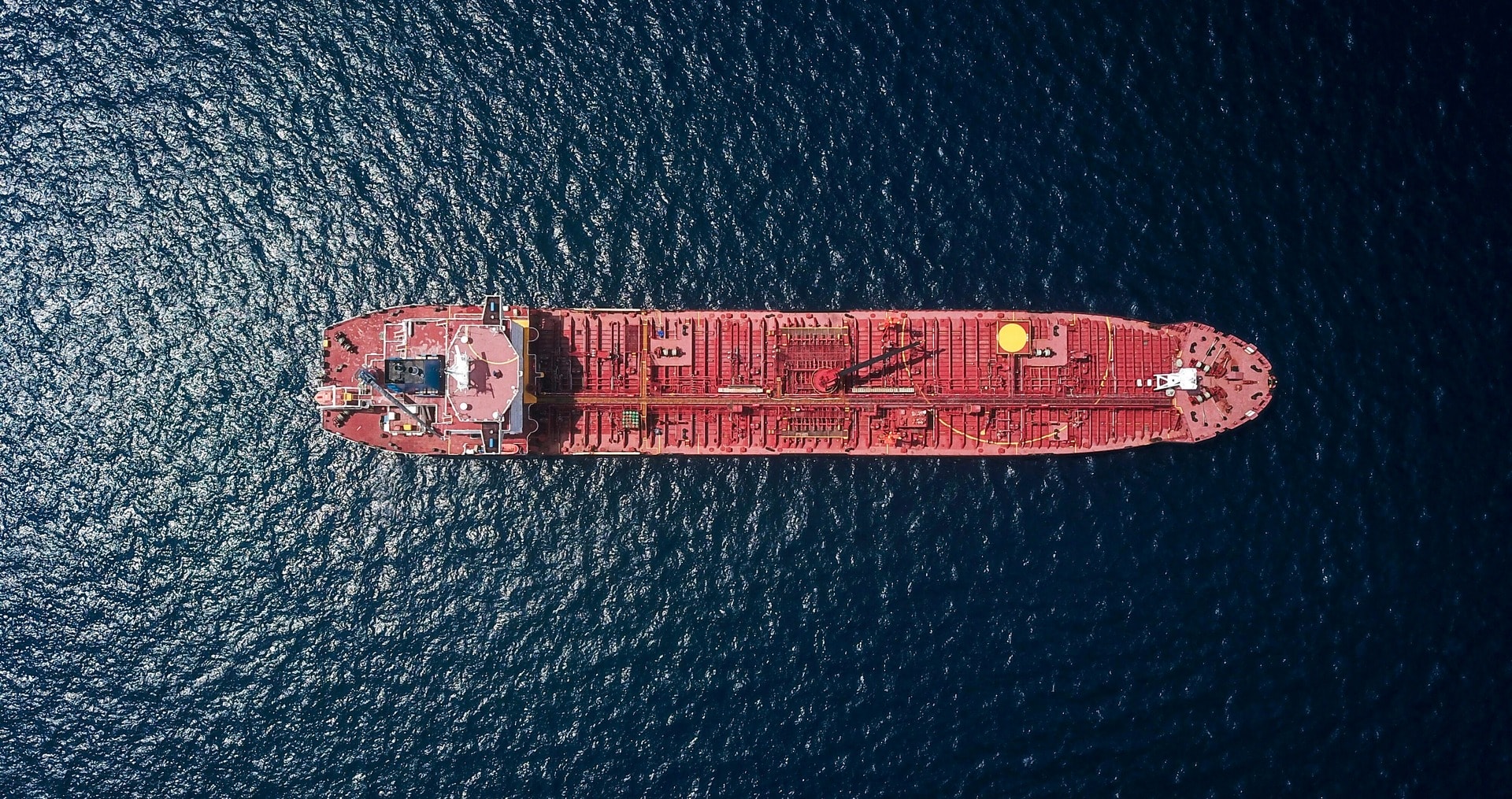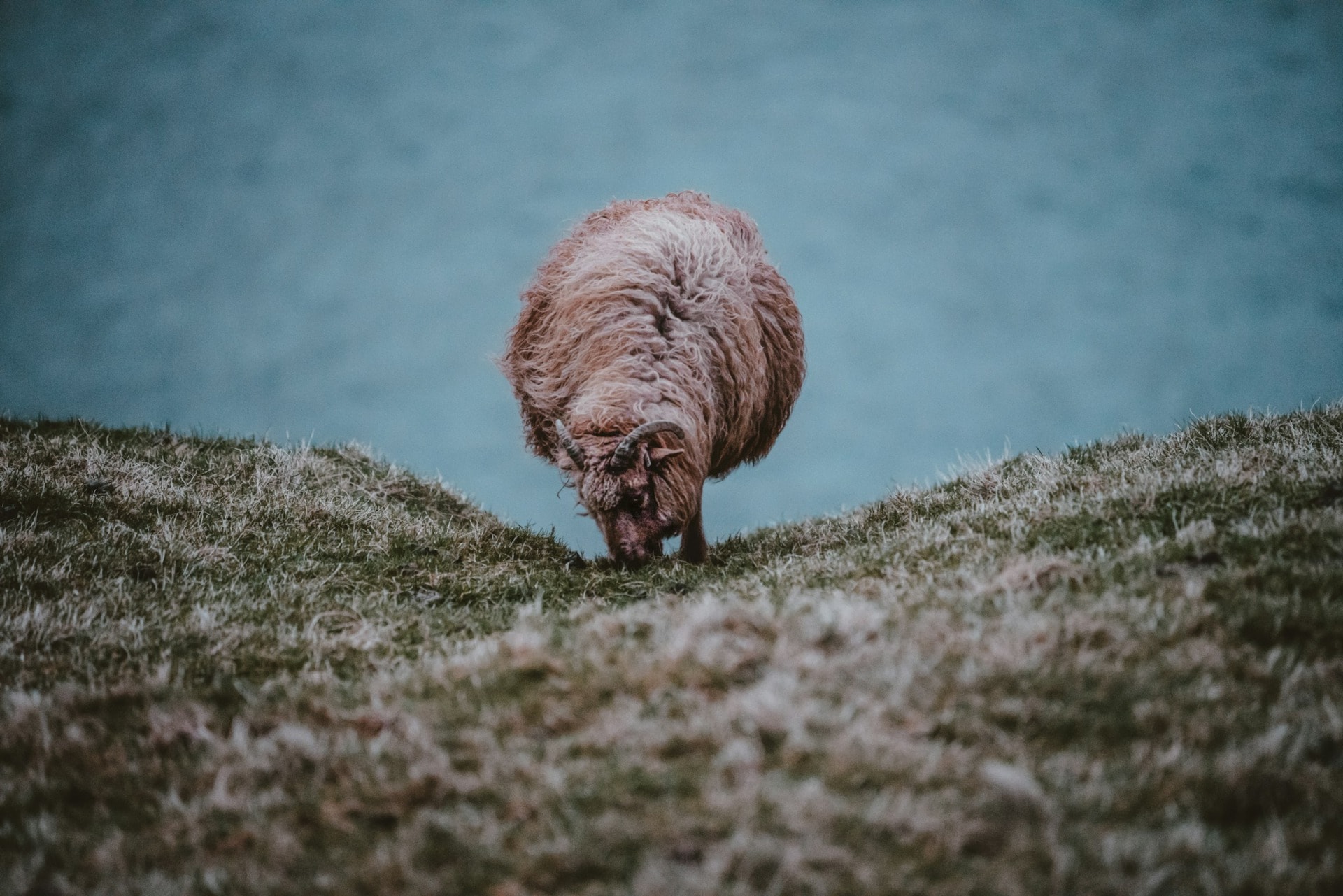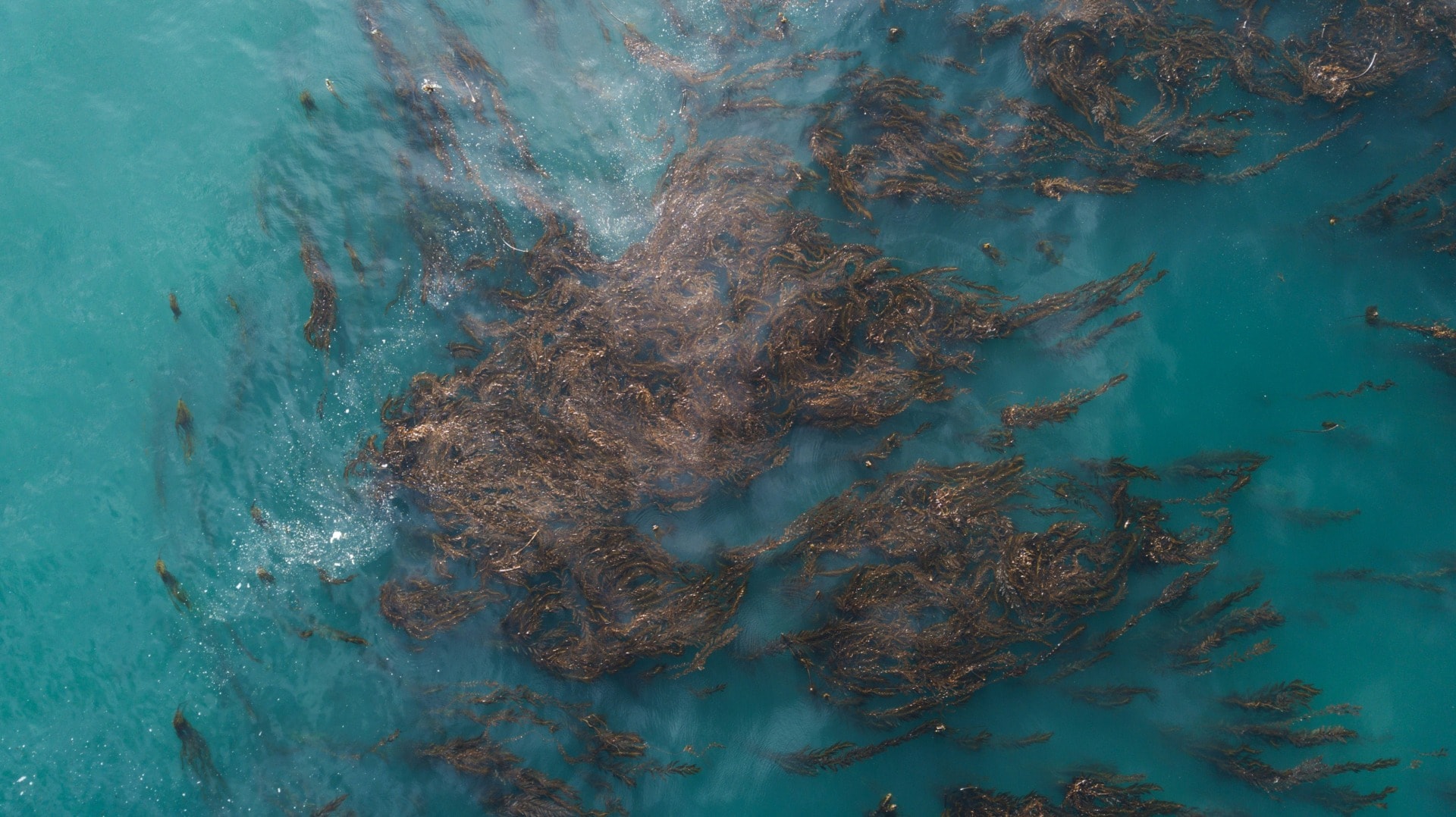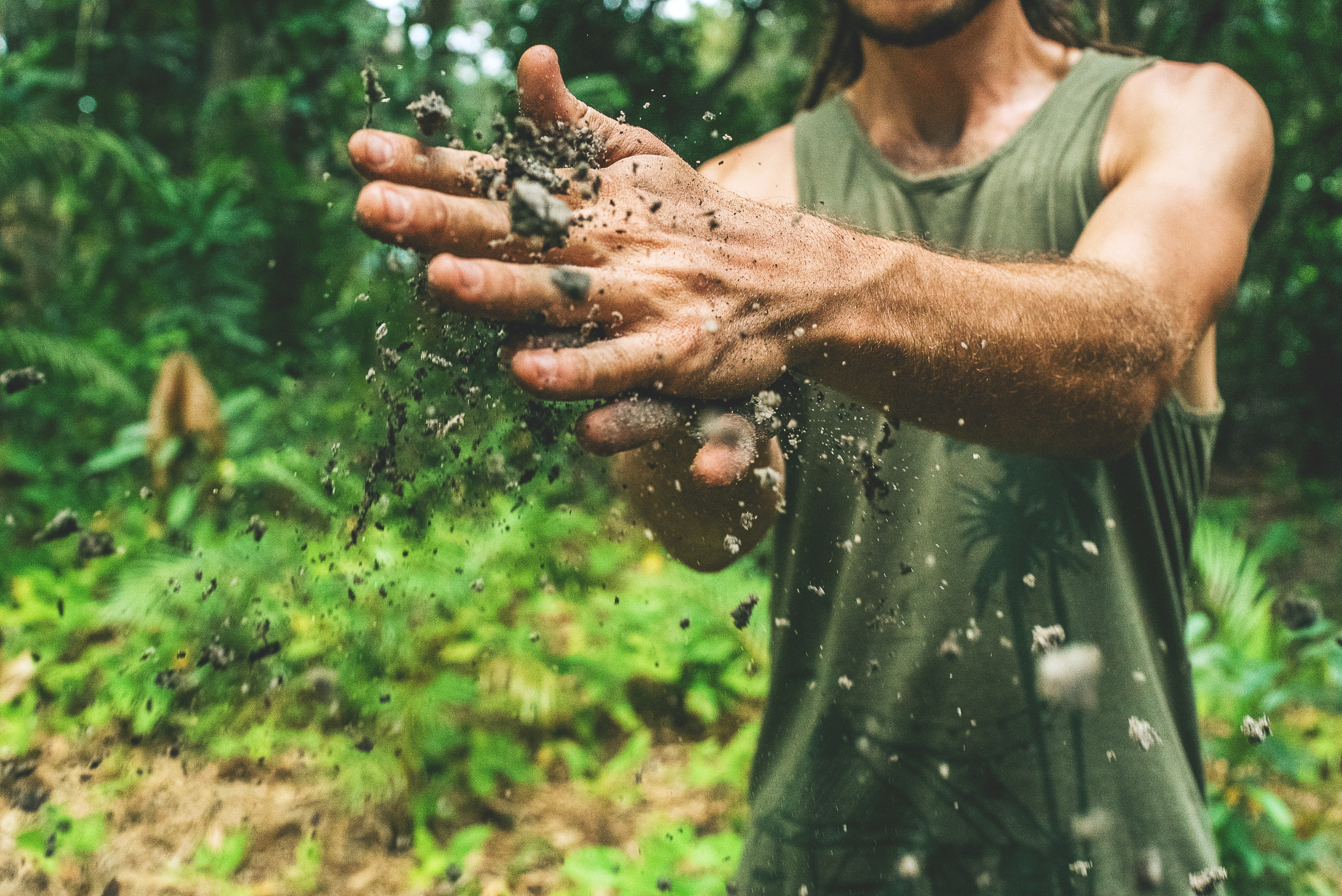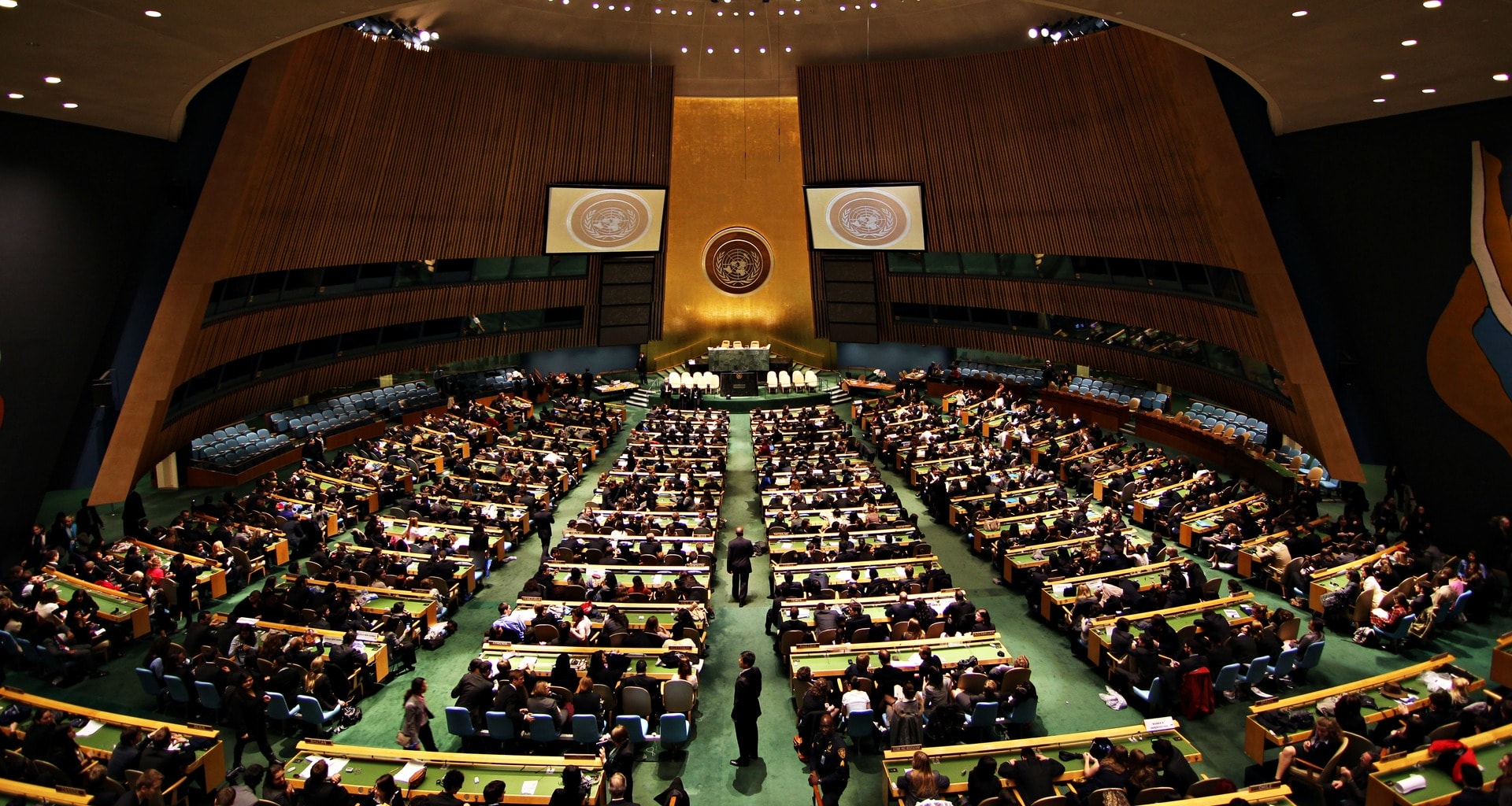Leonor, originally from Amsterdam, is half Dutch half German, and currently based in Berlin. She has a BSc in Communication and Fashion Styling and is working as visual storyteller and photographer for fashion labels that focus on sustainable and ethical aspects of their brands.
Tell me a bit about yourself and your passions.
The time has come for brands and fashion labels to start rethinking their business models and adapting to the growing importance of consumer attitudes towards sustainable and transparent solutions in the fashion industry. The environment is suffering from the globalised – and still growing – fast fashion production. Since the beginning of the millennium, the production of fast fashion has doubled. For this reason, I started changing my consumer habits and integrating the aspect of personal responsibility in my creative work, as well.
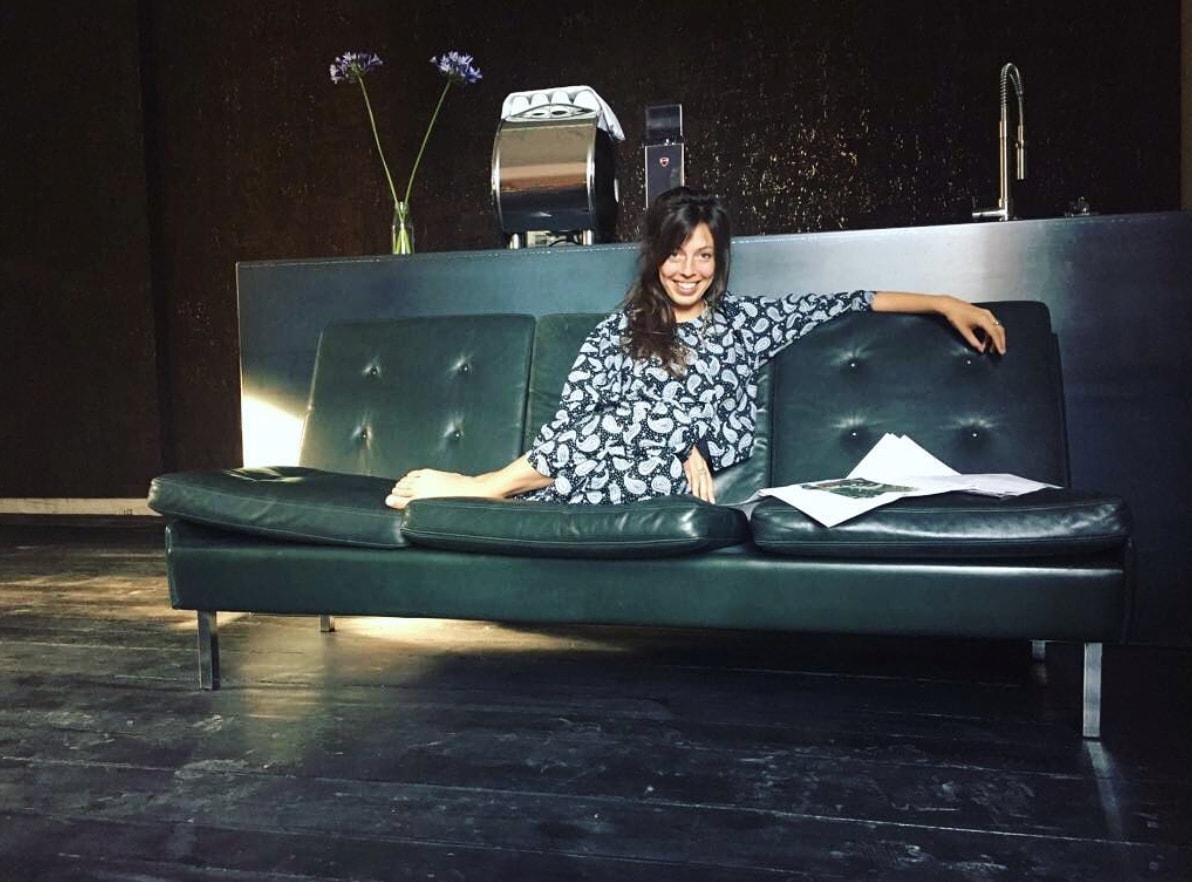
In the photo: Leonor. Photo Credit: Leonor Von Salisch Instagram
If I were to try and explain my passion in the most abstract way, I’d say that in everything I create I try to communicate an ambience or an expression. I seek to create visual stories through interesting combinations. The way light, materials, people and places interact with each other; how colour combinations harmonise or clash; the expression of clothes and styles for example. The way you decide to capture a little story at the moment the synergy appears. Here, in this moment, everything comes together in a new dimension and that’s what I like so much about it. I collect a lot of unusual objects, they might seem meaningless on their own, but in combination with other things they create a synergy, a new story. I’m more or less in a constant state of creating combinations; whether it is conscious or unconscious.
For example, I love collecting vintage, and preferably high fashion vintage. It might sound strange, but vintage high fashion is of much better quality compared to current high fashion. Luxury fashion labels are hiding their dirty actions behind well-built brand names and images, but the fact remains that almost none of them have implemented neither sustainable measures nor transparency in their supply chains, which worries me a lot.
The industry has to change and rethink their outdated business models. The meaning of quality clothes in modern times is getting a new approach.
Berlin is a very good place to discover lost gems. There are a lot of flea markets and a huge amount of second-hand stores around. I have been buying vintage ever since I started shopping in my adolescent years. Back then, I didn’t know much about brands or materials; the main reason for buying vintage was the affordable price and the ‘originality aspect’: the fact that you can find a piece no one else has. Over the years, I have learned to evaluate the vintage piece in a split second, and I can directly picture it in an outfit. Now I am able to give my own twist to any hip catwalk trend.
 In the Photo: “Canvas War Zone”. Photo Credit: Leonor Von Salisch
In the Photo: “Canvas War Zone”. Photo Credit: Leonor Von Salisch
It’s only recently that I started to recognise that collecting well-picked vintage items can be a statement in the fashion industry. The irony is that if you keep your eyes open you can find very affordable, high fashion vintage (read: Versace pants for €15 / Yves Saint Laurent Blazer for €30 / Miu Miu Shirt for €15 ). I experience even more joy when picking vintage because I have a better awareness of the influence of my behaviour as a consumer on the environment. I dress in quality vintage pieces only, adding modern basics from ethical fashion labels in case I’m in need of something “new” like underwear or sneakers. This way I am not only expressing my personal style but communicating my values at the same time.
When I started, I didn’t know that photography was going to become such a passion of mine. For me, the biggest reward when taking portraits of people is that they see themselves in a new, hitherto unknown way. It’s like acting as a mirror: showing them how beautiful they are. A photo shoot is also a psychological journey: the interaction with the person in front of the lens is different every time. It’s like you’re vibrating on a different level of ‘understanding’ that is beyond words. I try to establish trust, to start with.
How long have you been a photographer?
I developed my passion for photography very slowly over the past 8 years. My neighbour taught me the basics of his analog Nikormat camera that he had lent me at the time. When I moved to Berlin in 2010, I bought a cheap SLR Canon camera and I started to practise the digital part. The desire to capture something other than ordinary – a face, a character, a portrait – has always been there. At some point, I started to become frustrated with the quality of my images. I wasn’t satisfied anymore with the results and I knew that I needed to get a new camera. It’s only in the last year and a half that I started working professionally. My boyfriend made me realise that photography was no longer just a hobby: jobs were dropping in and I could allow myself to invest in a much better camera and lenses so that I could deliver high-quality work. Thus, I took a deep breath and decided to fully dedicate my life to my passion, which was very exciting.
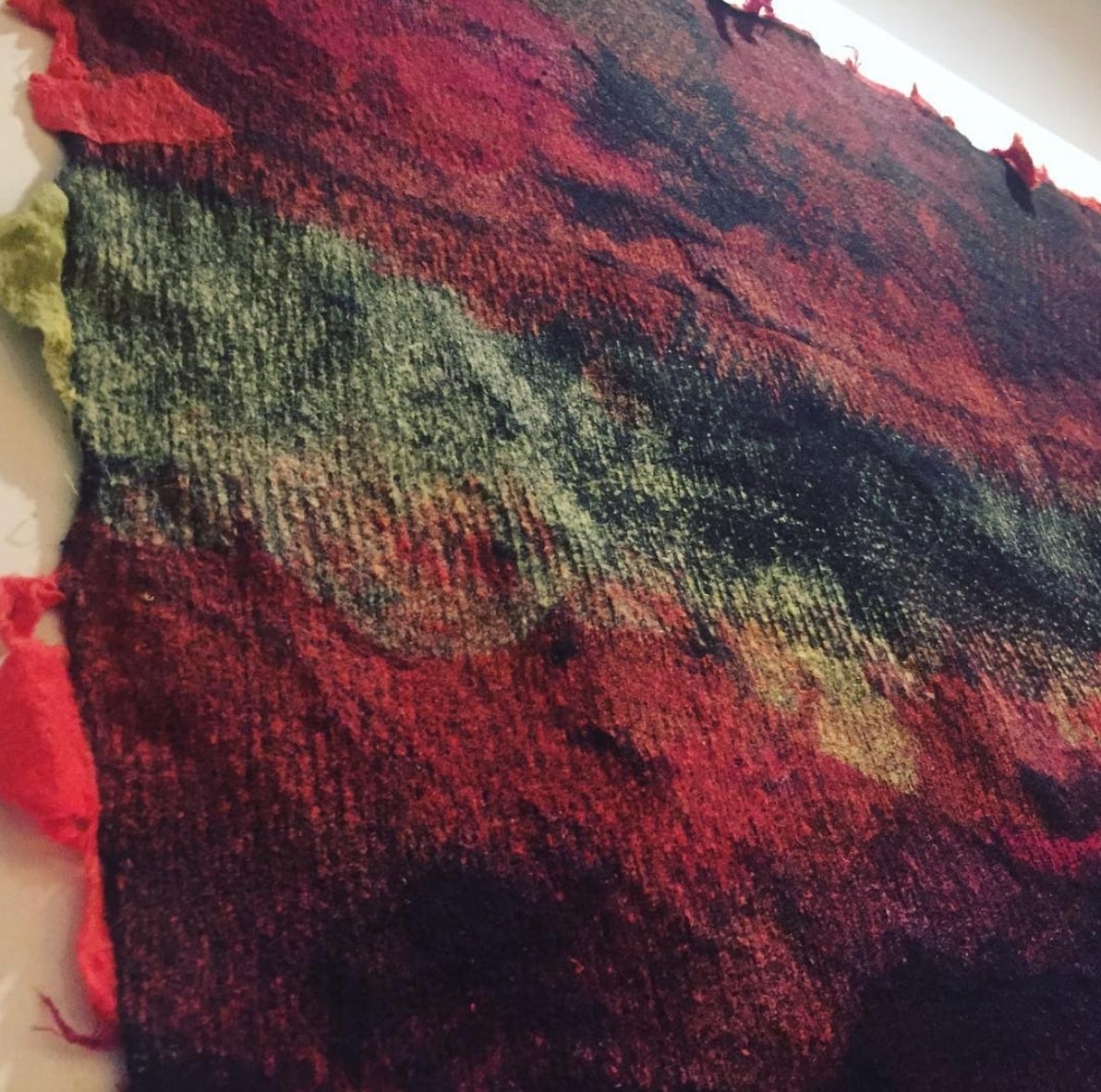
In the Photo: An art piece made from recycled material. Photo Credit: Leonor Von Salisch’s Instagram
Who do you hope to reach through your work? Is there anything in particular that you are striving to achieve through it?
I would like to open people’s eyes from a long post-liberal-globalized winter sleep. I want to make people aware of the fact that every single piece they purchase can impact the fashion industry. Did you know that production of one cotton shirt requires 2,700 Litres of water? This is equivalent to what an average adult consumes over three years.
Photography and ethical styling merge in my editorials into a meaningful creation; it’s like a protest against the season/ collection driven fashion industry that shapes our consumer behaviour and destroys our planet. Whether hand-picked vintage parts, sought-after high-fashion finds or unusual cuts, I want to inspire people to create out-of-season textual pictorial outfits that tell their own story. In addition to that, sustainable labels and vintage stores finally get the platform they deserve.
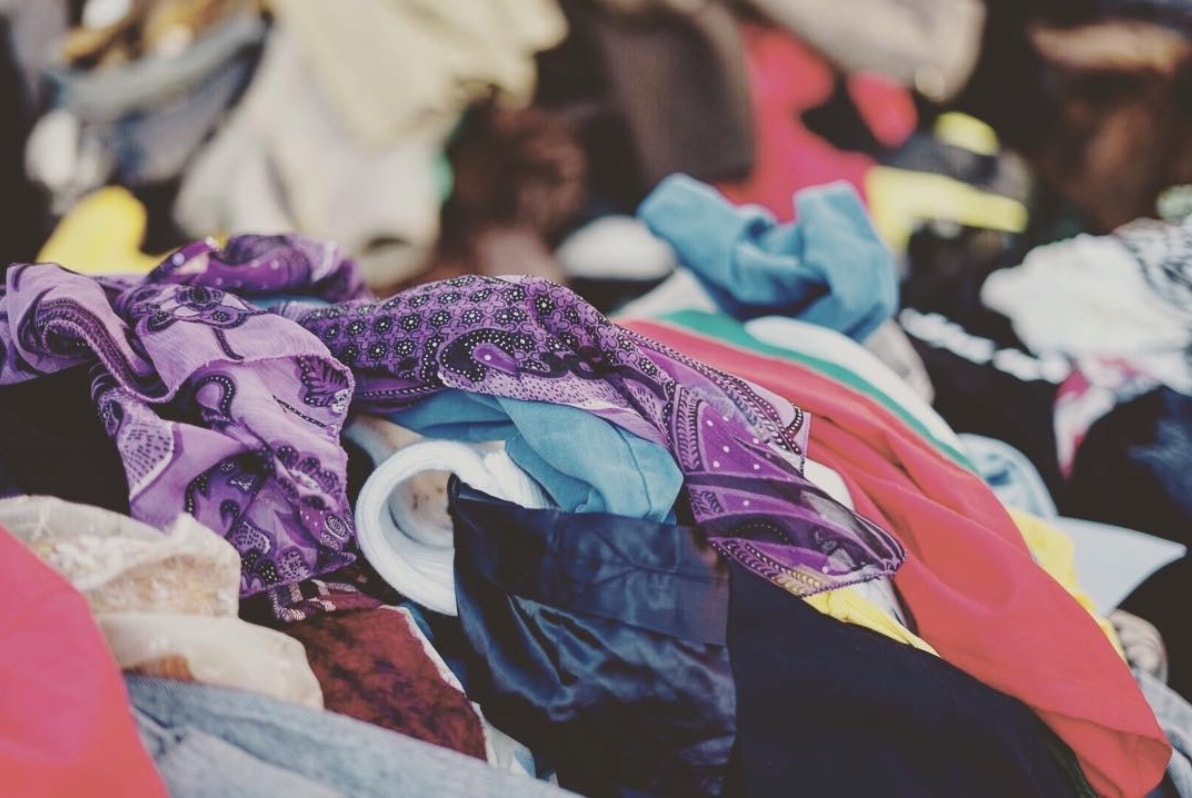
In the Photo: Vintage Clothing. Photo Credit: Leonor Von Salisch’s Instagram
At the same time, I would like to reach out to labels and brands that focus on ethical aspects. New labels that would like to develop a marketing strategy and hold a campaign shoot, or bigger brands that want to make a shift towards sustainable fashion. I’m looking forward to working with them and developing ethical brands.
What advice do you have for artists starting their career?
What I notice is that a lot of people in our time forget that ‘the process’ is an important aspect when it comes to becoming good at something. We have to walk a long road until we establish our own style. The pressure from society tells us that we’re supposed to achieve success as soon as possible after graduating. In my opinion, this is impossible: after finishing your studies you stand in front of a huge labyrinth of possibilities you’ll slowly discover over the years. So, I would say; take your time and stay true to yourself, there’s no rush. Creativity can evolve and you will develop your artistic eye and style. The moment you slow down a bit, new worlds open up and you’ll see that you don’t have to look for authenticity because it’s already there. The only thing you have to do is to embrace your “it”, which is a courageous step.
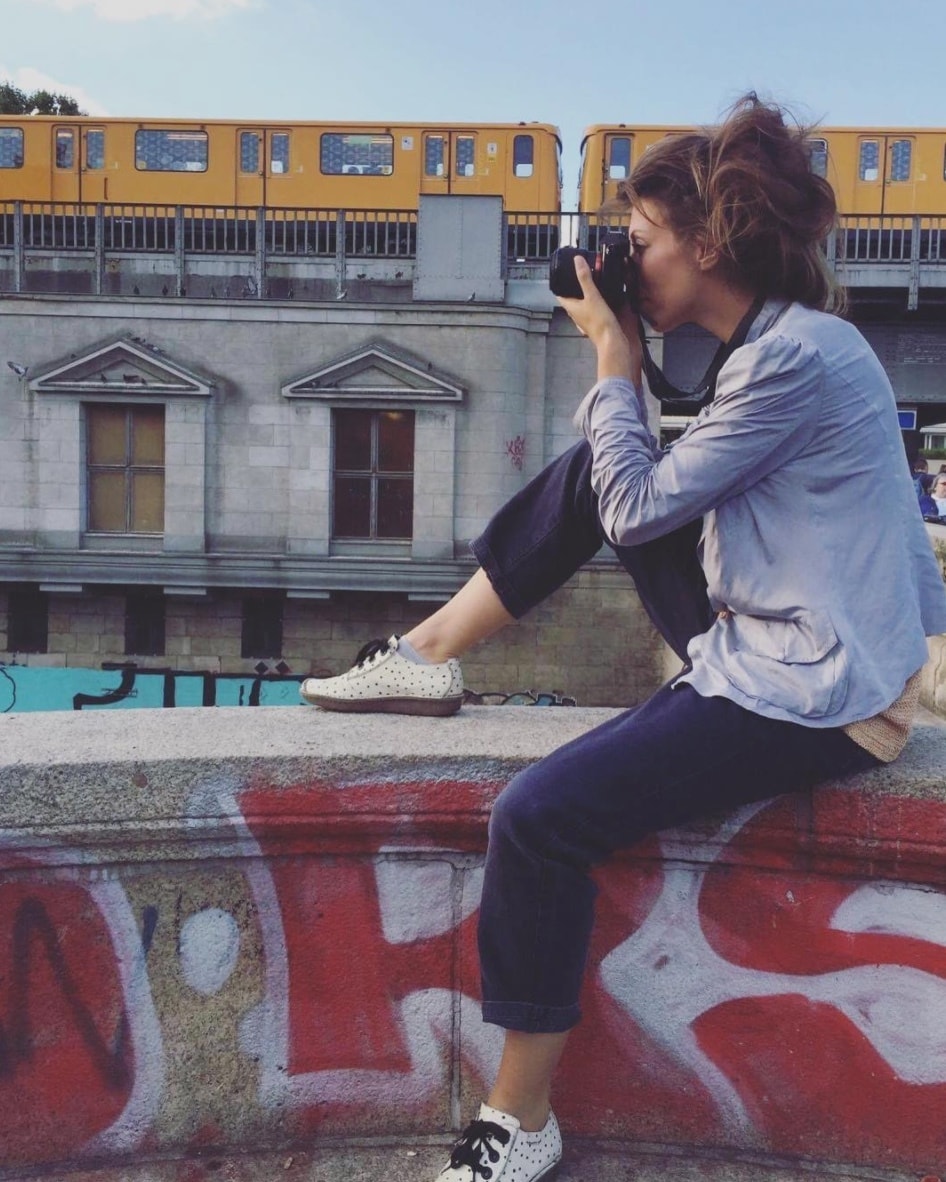
In the Photo: Leonor. Photo Credit: Leonor Von Salisch’s Instagram
What part does sustainability play in your work and why is it important to you?
I started to realise that as a photographer in the creative industry I must adopt a strong position and define with whom I want to work. In everything that has to do with visual communication, I feel responsible for the brands I capture or feature. Speaking to sustainable & ethical fashion brands, I noticed that they feel a lack of financial capacity to hire an expensive creative agency to develop a brand campaign in order to get to another level. That is where I come in: through collaborating with my network I am able to produce high-end content for an affordable price. It’s kind of swimming against the stream: it’s easier to embrace the big money from the big brands and close our eyes at the same time. I decided I wanted to be useful for the smaller sustainable/ethical brands.
What is the future looking like for you?
I’m happy that I found a niche where it feels natural for me to expand my expertise. The fashion industry is taking baby steps towards sustainable alternatives, but it is making changes. So in terms of economic relevance, I feel like there will be a growing demand for visual communication agencies focusing on sustainable brands over the next years. My overall goal is to help shape the current processes within the fashion industry, and thus to contribute to a fundamental change that has a future for our planet.
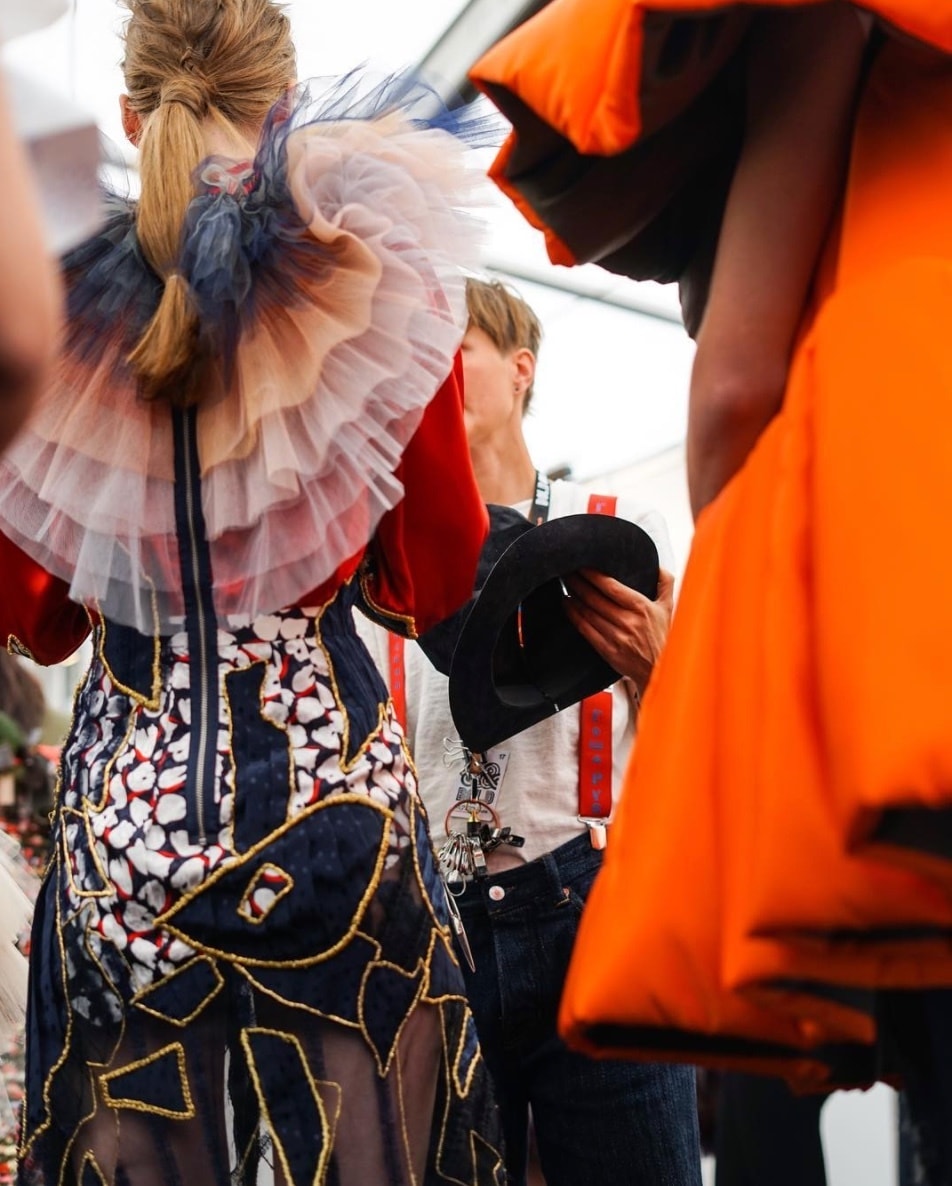
In the Photo: Photo from a shoot. Photo Credit: Leonor Von Salisch’s Instagram
What exactly needs to be done in order to change the industry?
We need three main aspects. First, consumer pressure: actions of individual consumers put enormous pressure on the market. Buying from sustainable brands, Vintage or Upcyling brands. Next, industry and innovation: designers need to develop all kinds of alternative materials, for instance, yarns as an alternative to cotton, which is very exhausting for the environment. Lastly, the legal aspect: once governments impose more effective and rigorous restrictions from their part, fast fashion will slow down.


